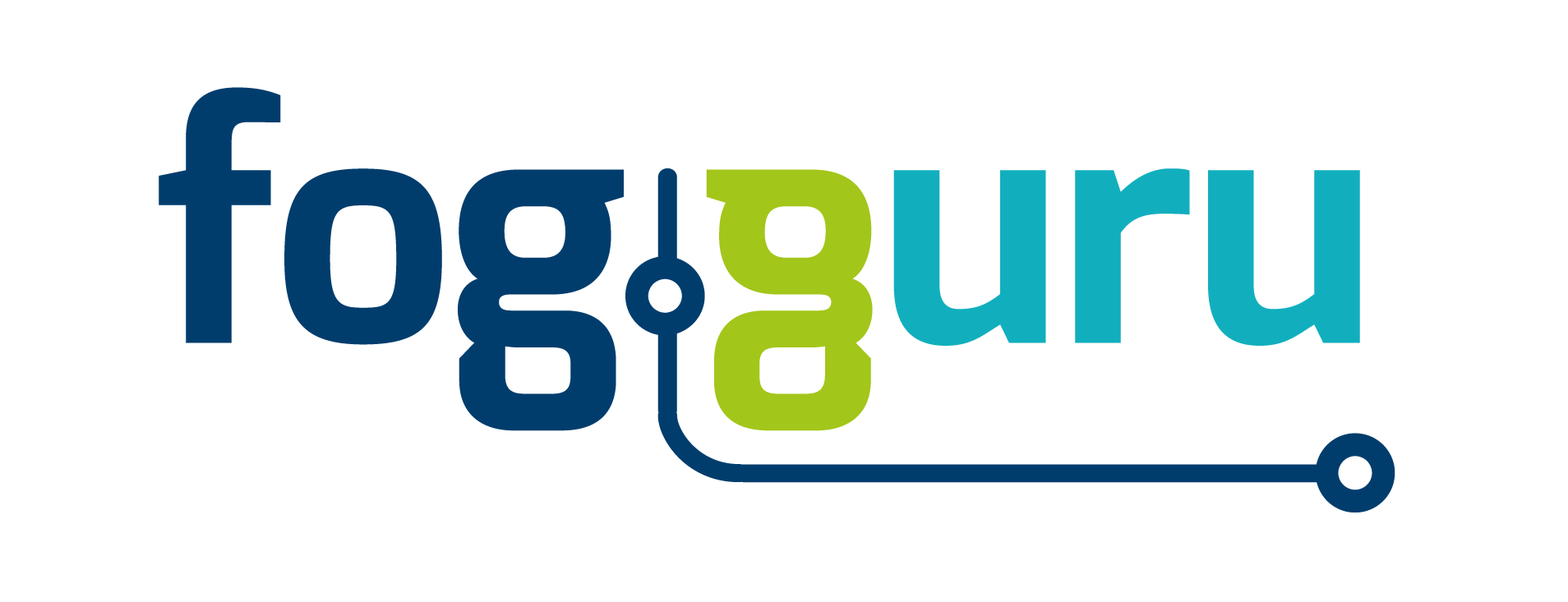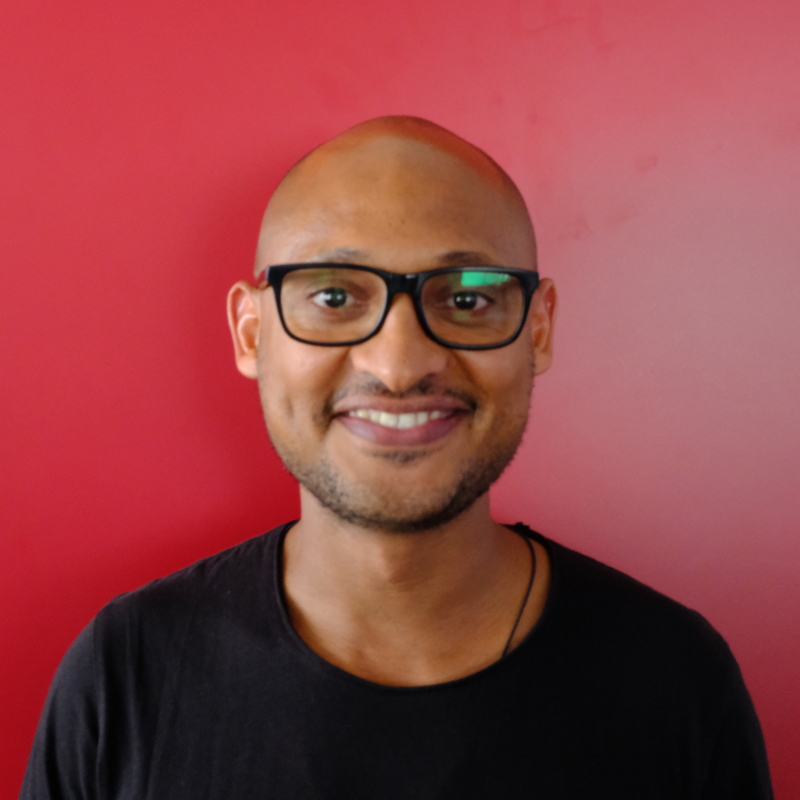Mulugeta, can you tell us about what you did before being recruited in FogGuru? What is your academic background?
“I did my Undergraduate studies in Electrical and Computer Engineering and obtained a Bachelor of Science degree from Addis Ababa University. Right after my Undergraduate studies, I worked in the IT industry for 6 years, in various capacities in small and large companies as a desktop technician, Linux system administrator and network administrator. Moreover, I used to run a consulting gig as a side project. From September 2015 to March 2018, I did my Masters in Cloud Computing and Services at the University of Rennes 1 and Technical University of Berlin under the EIT Digital Master School. From December 2016 to August 2018, I worked as a DevOps Engineer at the Open Bank Project in Berlin.”
Why did you choose to apply to a FogGuru’s position? What’s your PhD subject about?
“I have always wanted to work in an environment which gives me freedom and flexibility in deciding what I want to do. So, I have always wanted to advance my studies towards my PhD and then work in research. This interest was strengthened when I worked as a summer intern at INRIA Rennes during the summer of 2016. During this time, I had the chance to closely see how research is done in a large research facility. Moreover, the area of Fog Computing is an emerging research field, which is attracting a lot of attention from industry and academia. This area of research is also a natural continuation of my studies on Cloud Computing during my Masters. This field presents several hard and challenging research problems with high impact in several industries. Moreover, the FogGuru program offers the opportunity to work closely and mentored by professors and researchers such as my supervisors Guillaume Pierre and Erik Elmroth and my advisor at Elastisys, Johan Tordsson, with a track record of many years of high-quality research on application placement and resource provisioning in Cloud Computing and Fog computing. It also offers collaboration with industry and other ESRs. The opportunity to deploy the methods developed in a live environment at the Las Naves Living Labs in Valencia is another attractive feature of the program. Furthermore, it offers technical and business training opportunities in collaboration with the EIT Digital Doctoral School. These are some of the factors that attracted me to apply to a FogGuru position.”
“In the near future, we expect that modern applications such as Augmented Reality, autonomous driving, smart city applications, online games and the like to rise into prominence. These applications have strict requirements for ultra-low latency, high throughput, local storage and compute power for streams of data. As such, the underlying Fog Computing infrastructure needs to adapt itself intelligently to the ever changing requirements of these applications. It should also take into consideration changes in user demand and user mobility.
“My PhD topic, titled “Automatic Optimization of Autonomous Management Systems,” is broadly concerned about developing methods and algorithms to automatically configure and fine-tune various components of a resource management system and adapt if for use in a Fog Computing Environment. More specifically, we will develop methods, algorithms and software for application placement (scheduling) and dynamic resource provisioning (autoscaling) to make sure that application performance requirements such as ultra low latency, high throughput and data privacy are met with minimal cost.”
What are you planning to do after obtaining your PhD?
“After completing my PhD studies, I plan to develop my research career in academia and industry. In the long term, I also plan to found my startup.”



